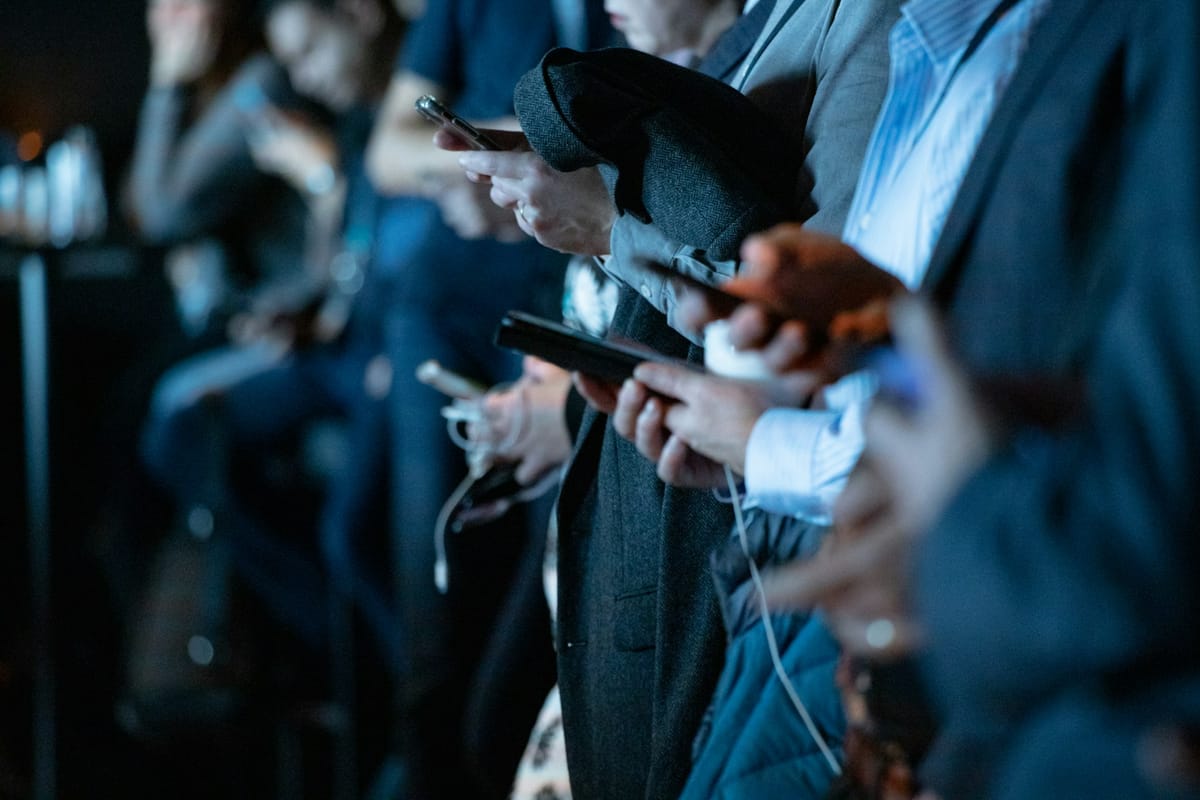Threads is not the anthesis to Twitter
As the saying goes; if an app is free then we are the product

I never intended on writing this article on LinkedIn but after just seeing an email newsletter encouraging me to join Threads, I became enfired (I once mashed inspired with fired up and i’m sticking with it). The email asked me to follow this organisation on the new rival social media platform to Twitter! and I was excited in anticipation of them saying Mastodon — the decentralised, privacy respecting, algorithm shunning, advertising avoiding rival to Twitter.
No, it was Threads.
Which is worse.
Firstly, Threads is owned by Meta, who, if you haven’t been living in a cave (in which case I am envious), owns the majority of messaging platforms in the world. THE WORLD. In addition, Mark Zuckerberg owns the majority stake in Meta, ipso facto controlling the majority of how you and I and 6 billion other people communicate with each other. One man. I don’t know about you but to me that feels fundamentally wrong and not at all democratic.
Secondly, unless we’ve been living in said cave, we are fully aware of the damage that Meta has caused through its data mining and selling practicesand deeply harmful human behaviour-altering through it’s manipulating newsfeeds. As the saying goes, if an app is free then we are the product, and until we are directly victim to civil war, or Brexit, or our browser history being used as blackmail, or our private information being stolen (which we are giving away for free on these platforms), or being arrested or taken to court or spied on by governments, we continue to blindly follow the shiny toys dangled in front of our 6-second-attention-span eyes.
Thirdly, have you seen the privacy info on Threads? Well here is a screenshot from Apple’s app store. Notice “Sensitive Data”. Why on earth would Threads want access to your health data, your sleep data, your menstrual data, your sexual history, your deepest darkest personal information that you may not even share with your family? They will have access to your full browser history, to your location history, your current location, your full contacts list (i.e. you’re giving away other people’s phone numbers to Meta without their permission, potentially including mine).
Why were 10 million people in the US willing to give it away? Can you see how much power we have, once again, handed to Zucks. How much money Meta are going to make from selling our sensitive data to the highest bidder?
When are we going to grow a backbone?
This is why I deleted WhatsApp (all Meta products in fact) back in 2020 and refuse to download it again, because it crossed the boundary of privacy for me. It wanted me to agree to give up my contacts to WhatsApp to build profiles of people’s data to sell to them. Side note: quitting WhatsApp has never once prevented me from successfully working on an event, regardless of scale, or staying in touch with my grandmother. In fact it’s quite a peaceful life not being in endless lists of groups.
I wrote about it on Medium and shared in more detail why I decided to delete an app I had paid for when it was first launched before it was sold to Meta for $16 BILLION. BILLION. For an app that brought in $0 income, they were willing to pay that much for? Here’s a snippet from that Medium article:
“How were they going to do that when our messages are end to end encrypted? The answer lies within the answer — only our messages are encrypted. Everything else like phone number, contacts, IP addresses, location, photos, usage data, diagnostics, you name it, are up for grabs and can be connected to their sister companies Facebook and Instagram.”
What I am trying to convey here is not to follow my actions and quit Meta products, but to encourage reflection and develop critical awareness on how we make decisions. Do we truly agree to this? Do we really need this? Is this good for us? Is this good for our family, our friends, our world? Are we just blindly following others because we don’t feel we have our own authority to make decisions?
If there is one thing I have learned in my career in events and crowd safety, is the more we can wake up and develop our awareness, the more effective we become in whatever role we take on and the more grounded we become in our decision making. It’s through critical awareness that we can improve diversity, improve equality, dismantle out of date systems and create a world that is accepting and celebrating of all those who live in it.
P.S. use Mastodon.




